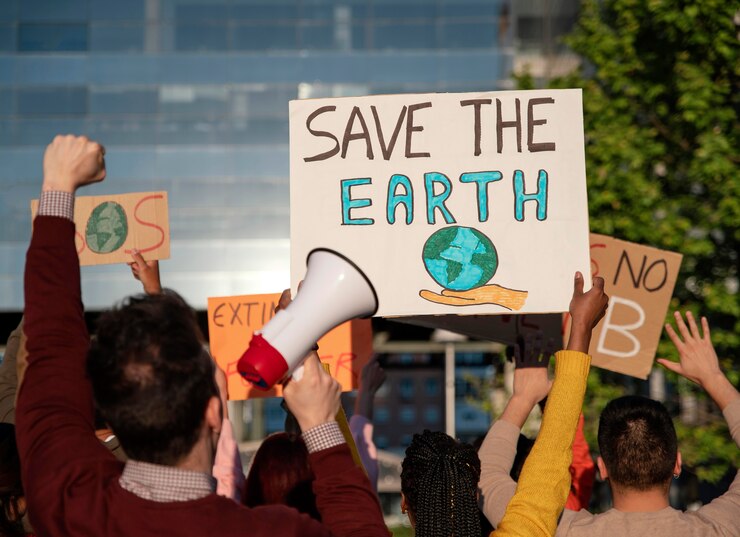Climate policy is one of the most significant factors influencing local economies today.Read More
One of the key positive impacts of climate policy is the rise of green jobs. As nations strive to meet their climate goals, industries like renewable energy, electric vehicles, and energy-efficient infrastructure have seen rapid growth. Policies that incentivize green technology and renewable energy investments have created job opportunities in sectors such as solar, wind, and geothermal energy. In regions where fossil fuel industries have historically dominated, transitioning to a green economy can provide a boost by offering alternative employment options. For instance, workers from traditional energy sectors are being retrained to work in renewable energy installations or electric vehicle manufacturing. These initiatives not only help reduce unemployment but also position local economies to benefit from the growing demand for sustainable solutions. While climate policies can spur job creation in green sectors, they can also pose challenges to industries reliant on fossil fuels. Regulations aimed at reducing carbon emissions can increase operational costs for these businesses, potentially leading to job losses and economic downturns in regions heavily dependent on coal, oil, or natural gas. For example, coal-mining towns or regions dependent on oil refineries may struggle to adapt to new regulations that prioritize cleaner energy. The transition to a greener economy requires significant investment in retraining and reskilling workers, as well as diversification of local industries to mitigate the economic impact. Climate policy also encourages innovation at the local level, as businesses and communities seek to adopt more sustainable practices. This shift can enhance local economies by fostering innovation in agriculture, transportation, and manufacturing sectors. For instance, in agricultural communities, climate-friendly policies may promote sustainable farming techniques that reduce emissions and increase crop resilience to changing weather patterns. These practices can boost local economies by enhancing productivity while also reducing environmental impact. Similarly, businesses investing in energy efficiency can lower operational costs, freeing up resources for further growth and development. Regions that embrace climate policy can also see a rise in eco-tourism and sustainable investment. Investors are increasingly prioritizing environmentally responsible companies, and destinations known for their sustainability efforts attract tourists looking for eco-friendly travel options. This trend can provide new revenue streams for local economies, particularly in areas with natural attractions or a strong focus on sustainability. For example, national parks, wildlife reserves, and areas committed to preserving their natural landscapes can benefit from an influx of eco-conscious visitors, contributing to local businesses and infrastructure. Climate policy plays a vital role in shaping local economies, bringing both opportunities and challenges. While traditional industries may face difficulties in transitioning, green sectors offer the potential for job creation and economic growth. By investing in sustainable practices, retraining workers, and encouraging innovation, local economies can thrive in this new landscape, ensuring long-term growth while supporting global climate goals. Navigating the effects of climate policy requires a delicate balance, but with the right strategies, communities can turn these challenges into opportunities for a more sustainable future.Job Creation and Economic Growth in Green Sectors
Challenges for Traditional Industries
Supporting Local Economies Through Sustainable Practices
Opportunities for Investment and Tourism
Conclusion: Balancing Growth and Sustainability

Climate Policy and Its Impact on Local Economies: A Closer Look
Climate policy is one of the most significant factors influencing local economies today.Read More
